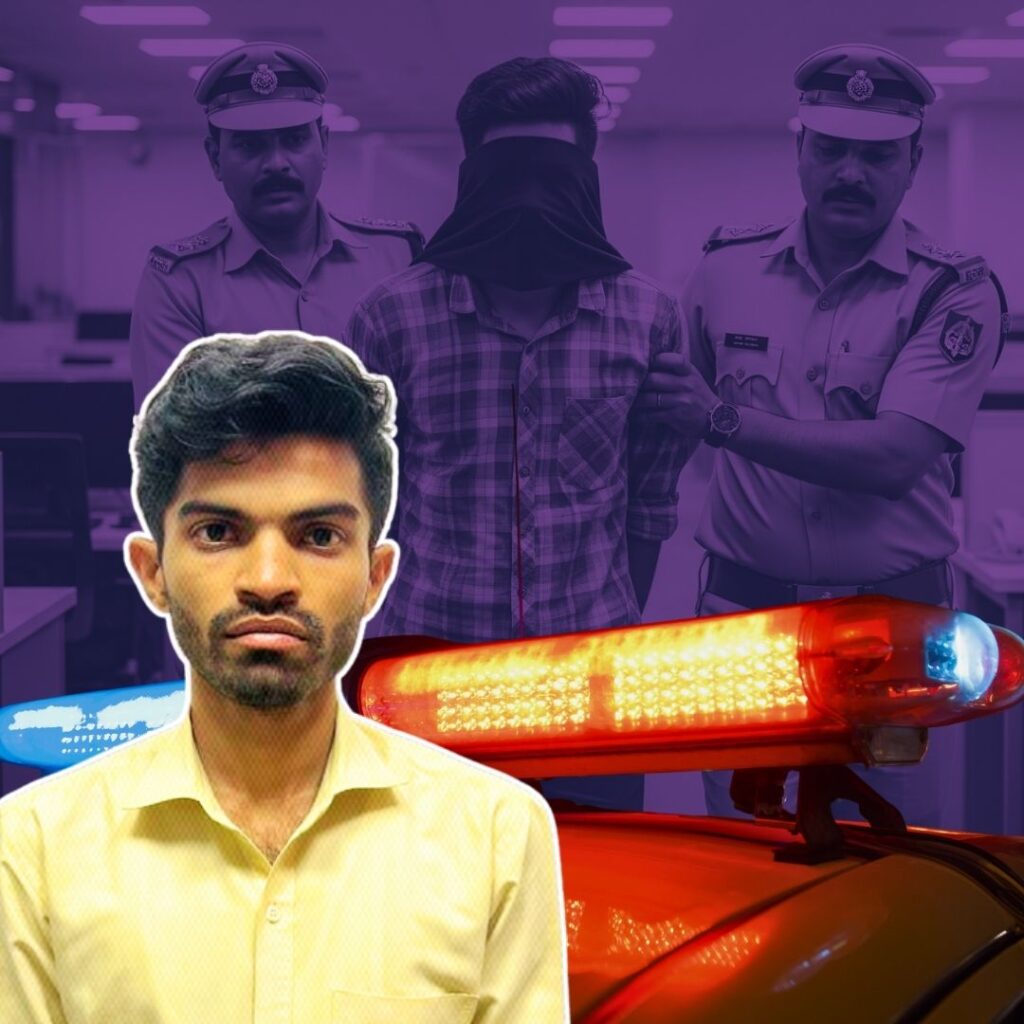As the Bombay High Court heard the PIL in Sohrabuddin case on Tuesday, the Central Bureau of Investigation (CBI) opposed the public interest litigation (PIL) filed by the Bombay Lawyers Association in the court against the CBI’s decision of not challenging the December 30, 2014 verdict of a lower court that led to the discharge of BJP chief Amit Shah in the Sohrabuddin alleged fake encounter case.
Highlights From Bombay HC PIL Hearing On Tuesday
In the court, CBI termed the PIL as “illegal, arbitrary and mala fide.” CBI counsel Anil Singh said “We are opposing the petition. We also have an issue on the maintainability of the petition. The discharge order is of December 2014. There is an issue of limitations.”
Further, Senior Counsel Dushyant Dave who appeared in the court for the petitioner stressed that the PIL seeks records from the HC administrative committee on why the CBI judge was transferred as he was initially assigned to conduct a trial in the case. Dave also told the HC that earlier the SC shifted the trial in the case from Gujarat to Mumbai saying it should be conducted and concluded expeditiously.
According to the PIL, the SC had said that the administrative committee of the HC would assign the case to a court where the trial may be concluded judiciously, by the law, and without any delay. Not only this, the Apex Court ordered that the administrative committee would ensure that from beginning to end, the trial in Sohrabuddin Sheikh encounter case should be conducted by the same officer.
Moreover, the PIL submitted that the Trial Court have also discharged two Rajasthan Police Sub-Inspectors Himanshu Singh and Shyam Singh Charan and senior Gujarat Police Officer N.K. Amin. It also said that the petitioner has learned that the CBI has challenged the discharge of these police officers before the HC. However, challenging release of the accused persons on a selective basis is arbitrary and unreasonable, rather mala fide.
The PIL filed by the lawyers has asked the HC to show a way to the CBI to file a revision application against the sessions court’s order discharging Shah.
After listening to the arguments, Justice Dharmadhikari said, “We leave it to the petitioner, but we feel the institution (HC) should be kept out as far as possible. We request counsel Dave to take an appropriate decision on this.”
As CBI counsel sought time to present pieces of evidence that proved no involvement of Amit Shah in the encounter, a division bench including Bharti Dangre and Justices S.C. Dharmadhikari decided to schedule the petition for arguments on February 13, 2018.
“The CBI is a premier investigating the agency. It has the public duty to observe the rule of law in its action which it has miserably failed,” the petition said.
What Is Sohrabuddin Sheikh Encounter Case?
Sohrabuddin Sheikh was the resident of Gujarat, and the State Police claimed his involvement with the terrorist group. After that along with his wife Kausar Bi, Sheikh was killed in an alleged fake encounter by the Gujarat and Rajasthan Police in November 2005.
Later, in 2010, the CBI took over the investigation and filed its charge sheet against 23 accused and Amit Shah in July. At that time, Shah was the Gujarat Minister of State. Not only Shah but, the Trial Court discharged several other accused in the case, including three IPS officers.
Know Why The Case Is Getting Limelight
After BJP President Shah got a clean chit from the CBI court in 2014, some unfortunate events occurred that threatened the autonomy of the Indian judiciary. These incidents include the mysterious death of CBI court Judge, Brijgopal Harkishan Loya, who was allegedly offered a Rs 100 crore bribe for a favourable verdict in the alleged fake encounter case.
In a fresh revolt led by the four SC Justices against the Chief Justice of India (CJI), Dipak Misra revealed that CJI was assigning cases to the benches without any rational explanation. Although these judges refrained from specifying any case, the indication was to the hearing of a PIL demanding an investigation into Judge Loya’s death.











